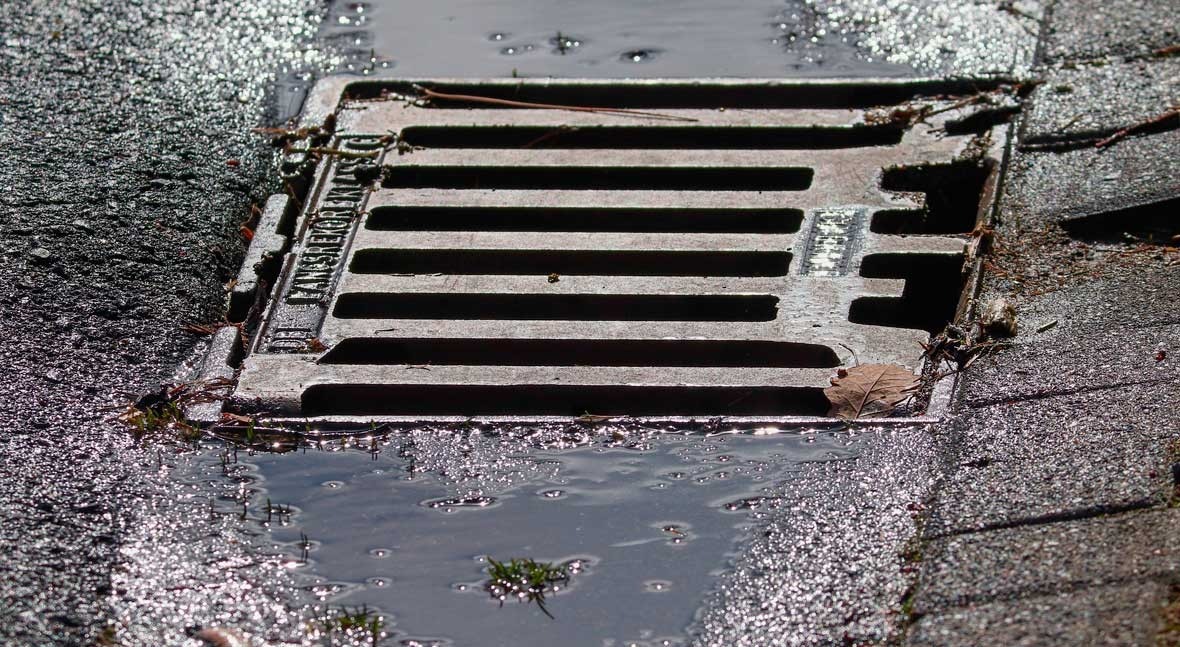The dire climate change scenario at present could cause over half of the global population to be living in areas with high water stress by the year 2030. Considering this situation, water conservation has become the need of the hour. While many techniques exist to aid this conservation, one of the most prominent methods emerging in recent years is rainwater harvesting.
The demand for clean, usable water is witnessing a dramatic rise with each passing day, pushing governments and organizations to undertake various efforts to meet this demand. These include connecting and altering natural courses of rivers, building reservoirs and dams, and others. Although these efforts do help address short-term water needs, they also assert a substantial long-term effect on future water conditions.
Rainwater harvesting (RWH) has been in practice for thousands of years but has truly come into its own over the past few decades and is gaining traction on a global scale. According to estimates from Global Market Insights, Inc. the global RWH system market size is expected to exceed a valuation of $7.9 billion by 2027. Both residential and commercial applications of the technology are being realized worldwide.
Many corporate entities are seen focusing on the commercial applications of rain water collection solutions, by integrating these systems within their facilities. A notable example of this is Microsoft, which has added an on-site rainwater collection system and waste treatment facility to its Silicon Valley campus commencing operations in California later this year. These systems will work together to recycle and reuse non-potable water as well as rainwater, which will, in turn, lead to potable water savings of almost 4.3 million gallons each year.
Rain barrel systems will gain traction as a key strategy for water conservation
Numerous storm weather management initiatives have come to light in recent years to combat the impact of urban runoff, with RWH systems serving as the foundation. One such initiative gaining momentum in recent years is the use of rain barrel harvesting systems.
Corporate entities are focusing on the commercial applications of rain water collection solutions, integrating them within their facilities
Rainwater barrels have a distinct edge over other RWH solutions, primarily due to their low initial cost. These barrels provide significant benefits to owners, in terms of both water as well as financial savings.
In the U.S., many cities are taking heed of this, and encouraging the adoption of rainwater barrel harvesting programs, to facilitate practical and economical methods of water conservation. According to the City of Medford, MA, rainwater barrels used through its program can help owners save approximately $200 in yearly water bills. A single rain barrel can also save around 1,300 gallons of water in peak summer months, making them especially useful for watering stressed gardens and trees using repurposed rainwater during dry spells.
In April 2021, Wausau, in Wisconsin, introduced a rain barrel system initiative, wherein homeowners were urged to connect the rain spout of their roofs to a rain barrel, to collect rainfall and create a natural water supply cycle. This helped in the use of the water for plants and other applications, rather than letting it run down the drains.
The city of Melbourne in Florida, meanwhile, is offering residential water customers within city limits a rebate of $50 for participating in its rain barrel program, wherein customers will be expected to install a new rain barrel of 40 gallons or larger.
Rain barrel harvesting systems can aid in limiting stormwater runoff, which is a major pressure point for various community storm drains, and also curb the flow of untreated pollutants into waterways. Although it is not a new concept and has been integrated within the water management framework of many developing nations already, the rainwater harvesting system industry is yet to realize its full potential. As a valuable part of many modern water management strategies, RWH solutions will likely play a major role in ensuring water security over the years ahead.





